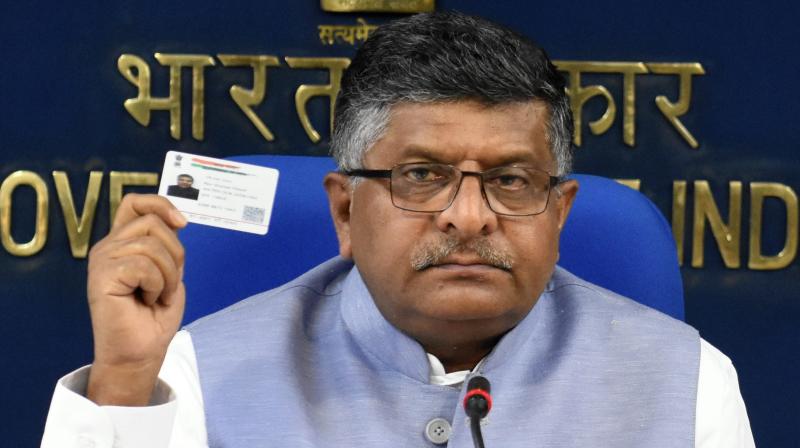With new basic right, every Indian a winner

Aadhaar’s iris scan and fingerprint biometrics triggered a great debate on the right to privacy, which has now been decisively answered in a pathbreaking Supreme Court verdict. The nine judges of the Constitution Bench who unanimously ruled that privacy was a fundamental right may have differed in their paths, but all arrived at the same conclusion. The right to privacy is inviolable and Article 21 will be the touchstone to guide future actions. Whatever has gone before in this argument — particularly in the 1954 M.P. Sharma case and the 1962 Kharak Singh case — has been upended in a remarkable show of support for ordinary citizens while addressing concerns of the State increasingly becoming Big Brother. Today’s highly-connected age almost demanded such a ruling — with the use and collection of large troves of personal data becoming a major threat to the right to privacy.
The government’s inclination to promote the universal identity scheme to such an extent as to make Aadhaar compulsory from birth to death had to be reined in. There may not be anything specific in the 547-page ruling on Aadhaar, but the message is clear. The issue goes far beyond the mere identity of an individual. What the ruling will help establish is every individual has a right to his sexual preference, what he /she eats and how he /she dresses, etc. The beef ban, Section 377 impinging on gay rights and women’s right to reproduce whichever way they wish in the most modern in-vitro era — all should all come under review on a case-by-case basis, which is how this right to privacy will work within the legal framework. There is reason to rejoice over this turn of events as the primacy of the individual and his freedom of choice regarding privacy has been upheld.
The government’s law officers had argued extensively that privacy cannot be a fundamental right. The court has now ruled that such a right is akin to the right to life and liberty. It doesn’t mean reasonable restrictions won’t apply. What the ruling does is to enrich the democratic principles of a newly free nation founded in 1947 while giving matters a whole new perspective in the digital era. The affirmative outlook of the nation’s highest court, which sometimes tends to be interpreted as judicial activism, was needed to make a clean break from the judicial baggage of the past. Previous rulings on this were too pedantic and premised upon there being no written word from the Constitution’s fathers. The issue also goes beyond the obvious political triumphalism of the Opposition in seeing this as a blow to the government, All Indians should appreciate a landmark judgment that gives them back a right that was being taken intrusively away from them.

